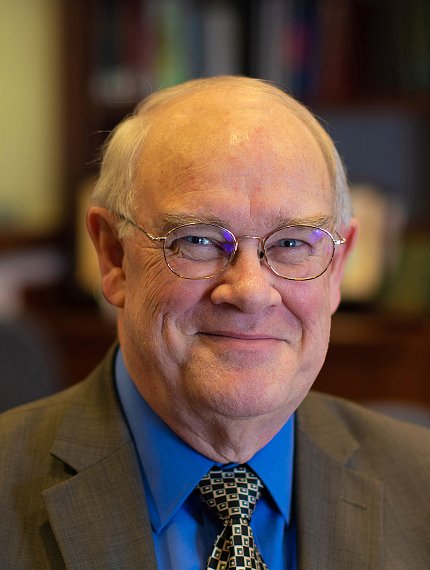NEI Director Sieving Retires

Dr. Paul Sieving retired as NEI director on July 29. During his tenure at NEI, he spearheaded initiatives in genetics, data sharing and regenerative medicine.
When Sieving arrived at NEI in 2001, science was at a turning point, with recent sequencing of the first human genome. Under his direction, NEI created key resources that enabled researchers to employ new technologies in genetics, neuroscience and imaging.
In 2002, NEI created the Diabetic Retinopathy Clinical Research Consortium to link academic research centers and community clinics. DRCR.net has thus far run more than 30 clinical trials. In 2006, NEI created eyeGENE, a genomic medicine initiative for rare inherited eye diseases that is a public-private partnership between the federal government, molecular diagnostic laboratories, academic institutions, individuals with inherited eye disease and their physicians.
The eyeGENE network includes a patient registry and a database with participants’ ocular disease-related genetic information linked to their clinical phenotype. This information is also linked to biological samples in the eyeGENE Biorepository. There are approximately 30 ongoing research studies utilizing this data and material. Concurrently, clinical trials at NEI yielded information crucial for treating common eye diseases such as age-related macular degeneration and conditions such as amblyopia. Recently, NEI-funded research led to an FDA-approved gene therapy for the genetic eye disease Leber congenital amaurosis and a retinal prosthesis that can generate some functional vision.
Sieving’s signature achievement is creation of the Audacious Goals Initiative in Regenerative Medicine (AGI), a research initiative that spurs development of regenerative therapies for vision loss. Powered by collaborative consortia, AGI research teams are developing imaging technologies and translational animal models and are uncovering protein and gene regulation networks—work crucial for future regenerative therapies.
“At NIH, Paul proved himself to be the consummate physician-scientist-administrator who strengthened and led an outstanding research program to advance vision health,” said NIH director Dr. Francis Collins in a statement announcing Sieving’s retirement.
Sieving is recognized for his groundbreaking research of the rare genetic disease X-linked retinoschisis. He and colleagues determined the genetic and molecular underpinnings of the disease, culminating in the first-ever gene therapy trial for the condition at the Clinical Center in 2018, which is still ongoing.
Sieving will continue his work on X-linked retinoschisis at the University of California, Davis, where he will direct a new Center for Ocular Regenerative Therapy. While NIH conducts a national search for a new director, Dr. Santa Tumminia will serve as acting director of NEI. She has been at NEI for more than 20 years and has served as deputy director since 2018.
